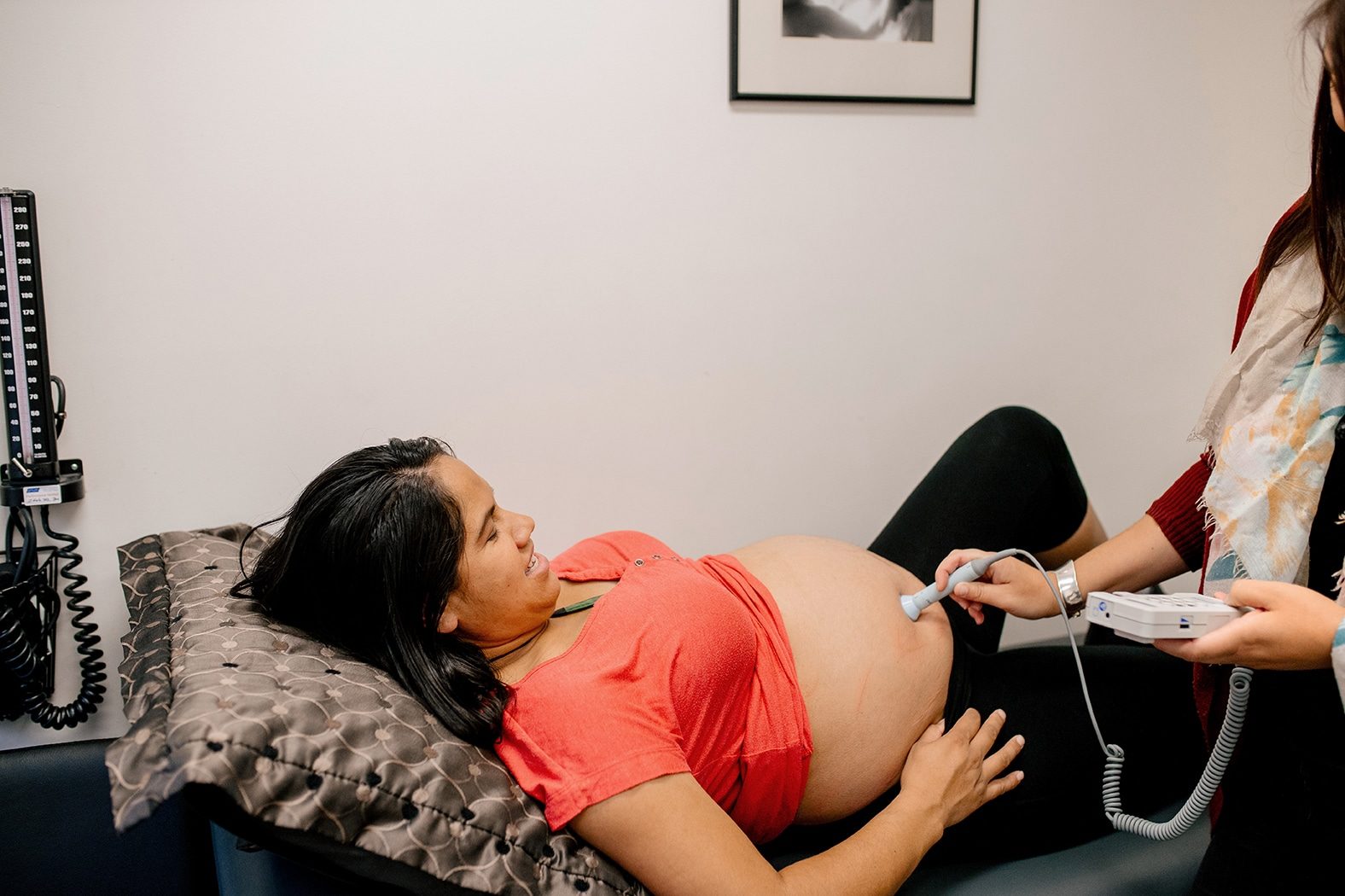The first movements of the baby are usually felt at around pregnancy weeks 18-22, although some women may feel movements earlier. Women who have been pregnant before may feel movements earlier than women having their first baby. Movements are a reassuring sign that the baby is developing and growing. Initially the movements may feel like a fluttery sensation but as the baby grows their movements will become more obvious. Baby’s legs and arms, kicking, stretching, squirming and rolling movements are felt right up until the time of going into labour. Babies also get hiccoughs which may be felt as small rhythmic bumps.
There is no exact number of normal baby movements. Individual babies movements can vary considerably, some being very active and some not so active. Being aware of your baby’s movement patterns each day is a good way to learn what is normal for your baby. Most babies have developed a pattern of movement by 28 weeks (the third trimester). You will feel movements best when you relax while lying down (on your side is best) or sitting down. As your baby grows, both the number and type of movements will change with your baby’s activity pattern. Usually, afternoon and evening periods are times of peak activity for your baby. If the placenta (afterbirth) is at the front of the uterus (womb), women may not feel movements as strongly.
Movements may change as the baby gets close to the expected day of birth – just because there is less room to move around than before – but movements will still be felt throughout the whole pregnancy. In very late pregnancy your baby will be bigger and their movements may change, but there will still be plenty of movements right up until the time labour starts.
If you notice your baby is moving less than usual or if you have noticed a change in the pattern of movements or if you have any concern about baby movements, contact your midwife as soon as possible so that the baby’s wellbeing can be assessed. Do not wait until the next day. The midwife (LMC or hospital) will do an antenatal check and check the baby’s heartbeat and movements. A period of heart beat monitoring will usually be undertaken including an electronic recording using cardiotocographic monitoring (CTG).
